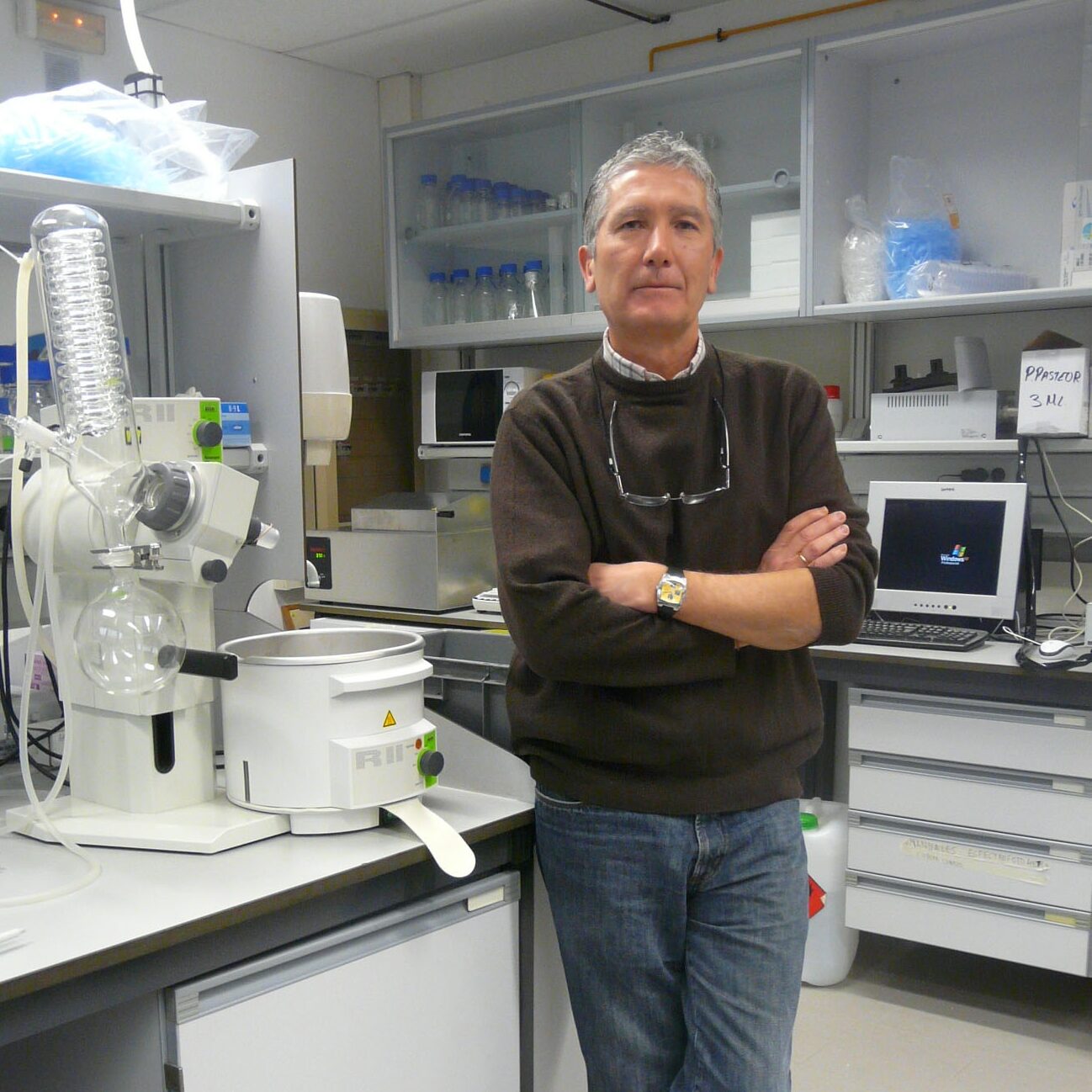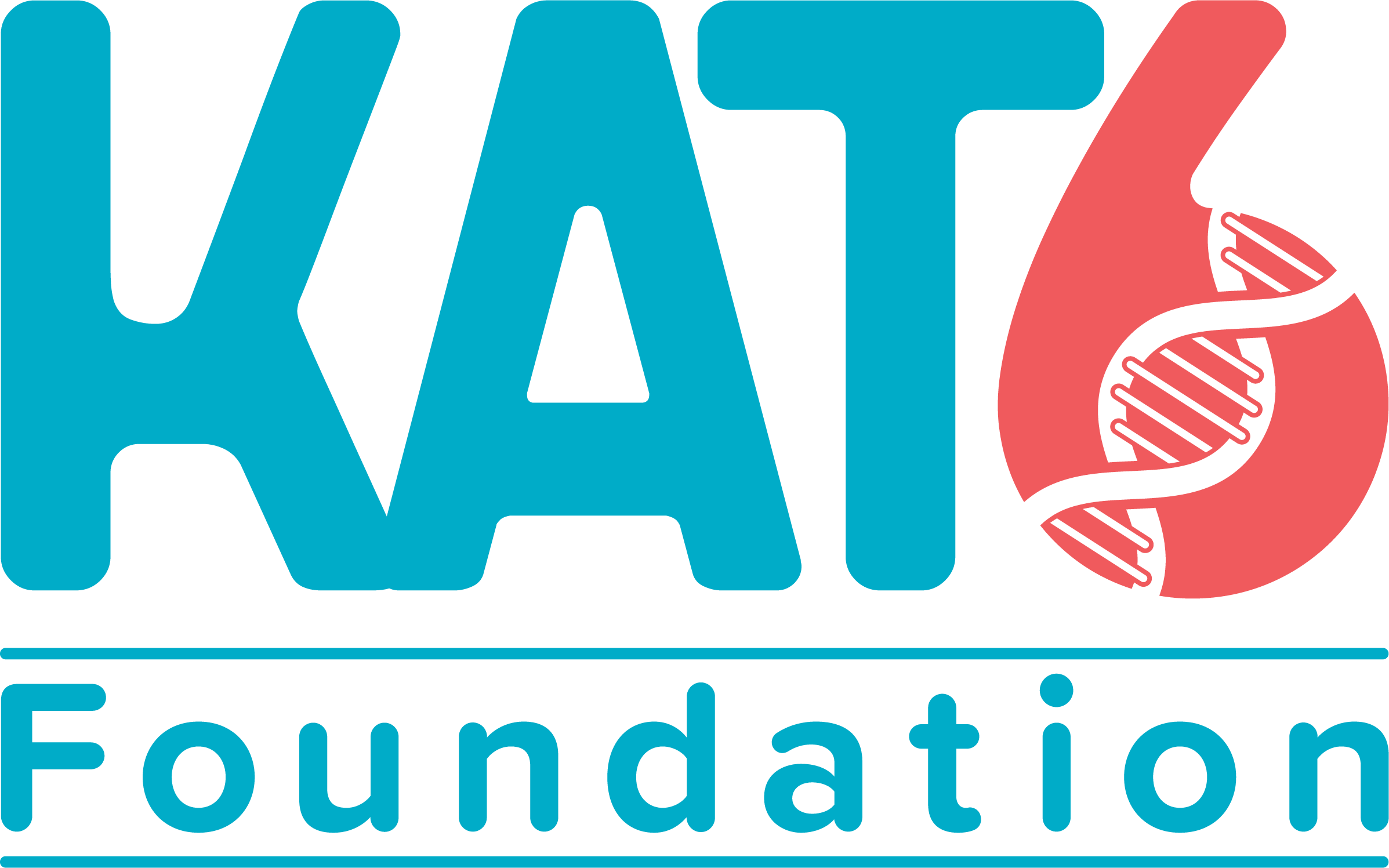
We are proud to report that research led by Dr. José A. Sánchez-Alcázar and his team was published by Genes on November 15, 2022 in an article titled Pantothenate and L-carnitine Supplementation Corrects Pathological Alterations in Cellular Models of KAT6A Syndrome. This is an important milestone for our Foundation as it is the first research project that we directly funded to reach publication, and is an important step forward on the path to finding a treatment for KAT6 individuals. Development of surrogate models simulating KAT6A gene variation is the first step towards understanding the pathophysiological alterations caused by this gene variation. By outlining pathophysiological pathways, treatment model(s) addressing alterations in these pathways can be developed for testing.
Three individuals with KAT6A gene variation participated in the study conducted at Universidad Pablo de Olavide in Spain. An initial series of experiments generated evidence supporting the use of patient-derived fibroblast to study KAT6A gene variation. The team identified four critical pathophysiological processes altered by KAT6A gene variation: 1) Coenzyme A (CoA) metabolism, 2) Iron metabolism, 3) Enzymatic antioxidant system and 4) Mitochondrial function. Two compounds were identified to have a positive impact on the altered physiological pathways. These compounds are: 1) Pantothenate and 2) L-carnitine. Pantothenate is a CoA metabolism activator and L-carnitine is a mitochondrial boosting agent. Supplementation with pantothenate and L-carnitine supported the survival of the KAT6A fibroblast in a stress inducing medium. The concentration of pantothenate and L-carnitine varied in all three KAT6A cell lines suggesting that different type of mutations respond differently to these positive compounds. The KAT6A gene plays a significant role in histone acetylation which is a key process involved in cell progression and differentiation. Supplementation with pantothenate and L-carnitine resulted in significant increase in histone acetylation, recovery of gene expression patterns and expression levels of proteins affected due to the KAT6A gene variation.
We want to extend our sincere thanks to Dr. José A. Sánchez-Alcázar and his entire team for their professionalism and commitment to rare disease research and the KAT6 community. We look forward to building upon this partnership in the future.
